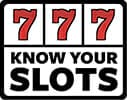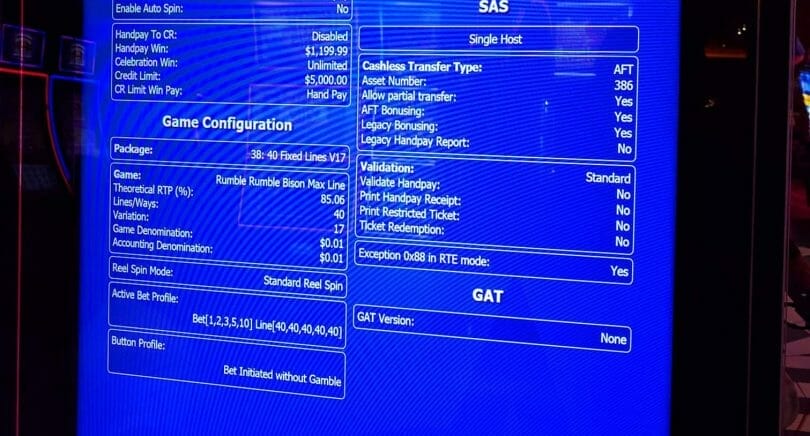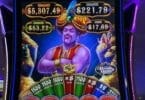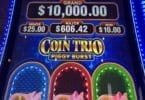This question was recently submitted via a comment on my site:
Hi Joshua, first of all thanks for the wonderful, entertaining website. My subject of this post has to do with payout programming.
I frequent a couple of non-gambling game sites, where you wager credits that are replenished by the sites or that you can purchase from the sites. I noticed on one particular site that when I wager large amounts of units I don’t get very many line hits, yet when I wager the lower end of the scale I get many line hits containing multiples of the original wager.
I can wager 5000 units and frequently get 25000-80000 returns on a spin. Yet When I up the wager to 50000, I can go thru 2M without more than a hit or two of insignificant return. I assume this is so that I must buy credits, which ultimately supports the website business.
Now my question. Wouldn’t it be possible for a casino slot machine to be programmed to have more payouts at the lower wager amounts and less frequent wins at the high end? The high end wins would be commensurate with the wager but at a lower frequency than the lower wager hits. The Return to Player (RTP) could be different for each wager, but kept in balance so as to meet the requirements of the casino. Thank you.
First off, thanks for the question! The answer to your question comes in a couple of ways. First, let’s talk about the idea of return to player (RTP) being different on different wagers (we know that denominations can have different RTPs).
If a slot designer is going to do something where the RTP is different at different wagers, they’re more likely to offer higher RTP at a higher wager, not a lower one. The main reason for this is to encourage more coin-in, which is the #1 goal of any slot machine. After all, more wagers, more income for the house over time.
So you’ll see things like you must max bet for a higher pay, or a progressive opportunity, and so on. All of this will be spelled out on the pay table and on screen to nudge people to up their bets.
These differences though are usually within 1%, and the reason for this is pretty straightforward – casinos want the most predictable revenue possible, so having a game with a wider swing would make it harder to meet their casino-wide goals for revenue. Casinos also select which version of payback they want and it controls the entirety of the denomination, not each bet level, the way games are designed.
If, say, 50 cents a spin paid at 94% and $3 a spin paid at 90% on the same denomination, that’s a huge swing that’s totally out of the control of the casino, and casinos don’t like having that much uncertainty. They want to pick a payback setting that is as close to their overall goal as possible.
90% vs. 91% isn’t a huge swing if we’re talking access to the progressives, and they get more big wagers, so they’ll take that little bit on, but wider swings are just too much more uncertain over the long term.
The exception to this would be games where there’s a massive leap in payout for that extra coin (the old school reel slots are the example). In those cases the top payout increase could be enough to have a bigger payout gap, but once again this rewards the higher betters.
What’s more likely happening (at least at the physical casino level) is that when you’re betting lower, you get more swings at a win. More players bet lower than higher in a casino. And so when we look around, it just seems like the lower betters are winning more… and they are as an absolute number, because there’s more of them. But they’re not getting a higher payback than those betting higher.
I can’t speak to any online social casino and their algorithms, as it’s a bit less known what’s actually going on there and they aren’t generally considered gambling under the law (at least not overall, although that may be changing), but since the Vegas-style slot machines sold to casinos tend to be the same across the country with very few exceptions, it’s a bit more predictable.
Do you have a question you wish answered? Submit in the comments below or on our Contact Us page!








